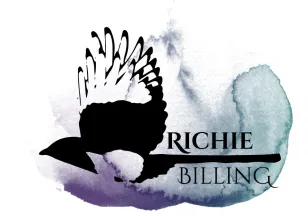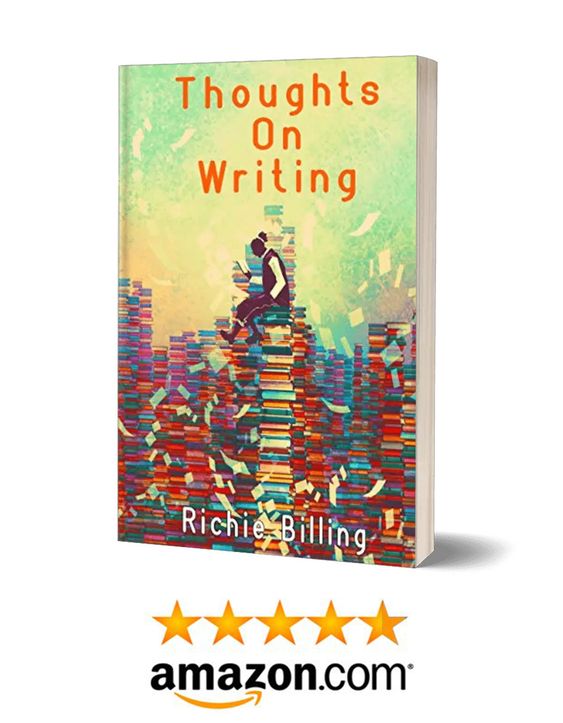Do you want to earn a living as a full-time writer? If so, there’s never been a better time to acquire the necessary skills, get some essential experience, assemble a portfolio, and go for it. Today’s office-based and online writers work for corporations, non-profits, publishing companies, schools, and themselves. While most part-time and full-time writers are not freelancers, the industry is as varied as any other. In this guide, we dive into the many different ways how you can start a career in writing.

As we’ll see below, there are plenty of opportunities for diligent, conscientious adults who wish to build a career as paid scribes. Keep in mind that most of those in the niche begin by creating personal blogs or working as blog post writers for companies or content companies. Of course, it makes sense to choose a speciality as soon as you find an area that feels like a good fit. However, it’s also imperative to finish college if you want to land positions that pay well.
What are some of the other steps that can lead to a rewarding writing career? One of the most efficient ways to build up an attractive portfolio is to work part-time on freelance sites doing assignments for a wide variety of clients. Then, start a personal blog, take several online courses to sharpen your skills, publish a short e-book on a topic that interests you, do a bit of freelance editing work, and purchase the right software products.
Here are details about how to assemble all the pieces of the career puzzle.
Top Tips On How To Start A Career In Writing
Below, you can find some vital tips and advice on how to start a career in writing. This is by no means an exhaustive list, but the methods can be effective at achieving your goals.
Finish College
Writers who seek to earn money doing what they love are sometimes surprised to discover that competition for good-paying positions is fierce. Having a college degree is one of the clearest ways to differentiate yourself from people who are vying for the same jobs.
Getting a degree and financing four years of schooling can be difficult. Consider making the financial part much less stressful by taking out a student loan to cover a portion of the expenses or all of them.
The college loan application process is an online affair, which means it doesn’t take long to complete the paperwork or find out about approval. With financing in hand, consider selecting a major field of study that appeals to you. Future writers do best when they have a secondary line of expertise, like finance, engineering, accounting, history, or sports education.
Gain Experience On Freelance Sites
There are dozens of websites and platforms geared to pay freelancers for articles and essays of all kinds. Note that only a few have good reputations, so be careful when selecting one. It’s best to work for two or more of the top sites when attempting to sell blog posts, in-depth research articles, white papers, resumes, product descriptions, or advertising copy.
While for-pay sites for freelancers don’t offer excellent wages, they are great places to explore different niches of the profession, build up a decent portfolio of samples, and make a few connections in the industry. It’s not wise to work full-time for any of the content sites. View them as stepping stones to more stable, long-term employment.
Curate Excellent Samples
Top-notch samples will earn you more money than anything else during the early part of your career. This principle is true not just for purveyors of the written word but for website designers, photographers, programmers, architects, and many other creative types.
How should you select samples for a portfolio? Try to choose works that earned praise from clients or public commenters on blog sites.
Plus, be careful to include a variety of pieces even if you intend to specialize in a specific area. A new writer’s curated collection might hold a few blog posts on interesting topics, a white paper, one or two humorous essays, opinion pieces, and several news articles. Don’t let the collection grow stale. Instead, add fresh content every so often and cycle out some of the older works that don’t age well.
This is a great way to start a career in writing.
Take Online Courses & Workshops
One of the breaks you get as a future writer is the wide availability of free lessons. Luckily, there are many professionals who are happy to offer tutorials, webinars, formal online classes, and other kinds of tutoring for newcomers to the field. Whatever your speciality, check out the largest instructional platforms, video sites, and other resources that let users sign up for free or low-cost instruction.
Writers’ workshops are ideal for those who want to get immediate, constructive feedback on their portfolios, a major project, or any other work. Be wary of anyone selling pricey classes or websites that promise work to graduates of their expensive courses. Unfortunately, as in every other professional niche, there are scammers out there who are happy to take your money in exchange for broken promises.
Publish a Short Book
Compose a short e-book on a topic that interests you. Aim for somewhere between 5,000 and 20,000 words, being sure to edit the final product to perfection.
Don’t worry so much about selling lots of copies. The goal of the effort is to create a showcase for your talents. Consider doing an in-depth white paper, assembling a collection of essays on multiple subjects, authoring a how-to guide on a hobby you enjoy, or telling a humorous story in a creative, interesting way.
Be Smart About Software
In the 2020s, what kinds of software products are professionals using to write for pay? There are plenty of items available, but it’s best to start with just a few. Use a plagiarism checker, a spell-checker, and at least one grammar screener when producing paid content. The same goes for unpaid items, like posts on your personal blog or website.
Assume that future clients will see every word. Strive to create crisp, clean sentences that are free of spelling mistakes, run-on sentences, and weak grammar. Run every piece through a plagiarism app to prevent inadvertent duplication of existing content. Don’t spend on software products that are available free online. There are some excellent spell-checkers and grammar apps that cost nothing. Expect to pay a small monthly fee for any of the better grammar software.
Learn More About How To Start A Career In Writing
If you’re looking to learn more about how to start a career in writing, you might find the links below useful:
- Head here for some tips on how to make an essay more engaging
- This guide has lots of useful information on essay writing techniques
- To learn more about the differences between high school and college essays, head here
- Head here to discover some essential essay writing tips
- 5 Tips to Help Your Child Learn and Succeed at Primary School - February 26, 2024
- The Advantages Of Using An AI Essay Typer Alternative - February 14, 2024
- Advice On Getting Help With Your Homework - January 26, 2024



